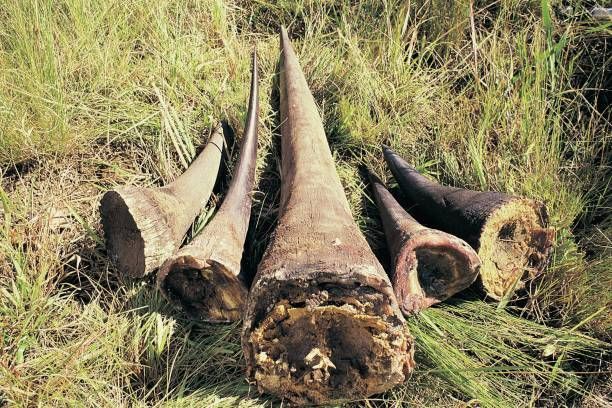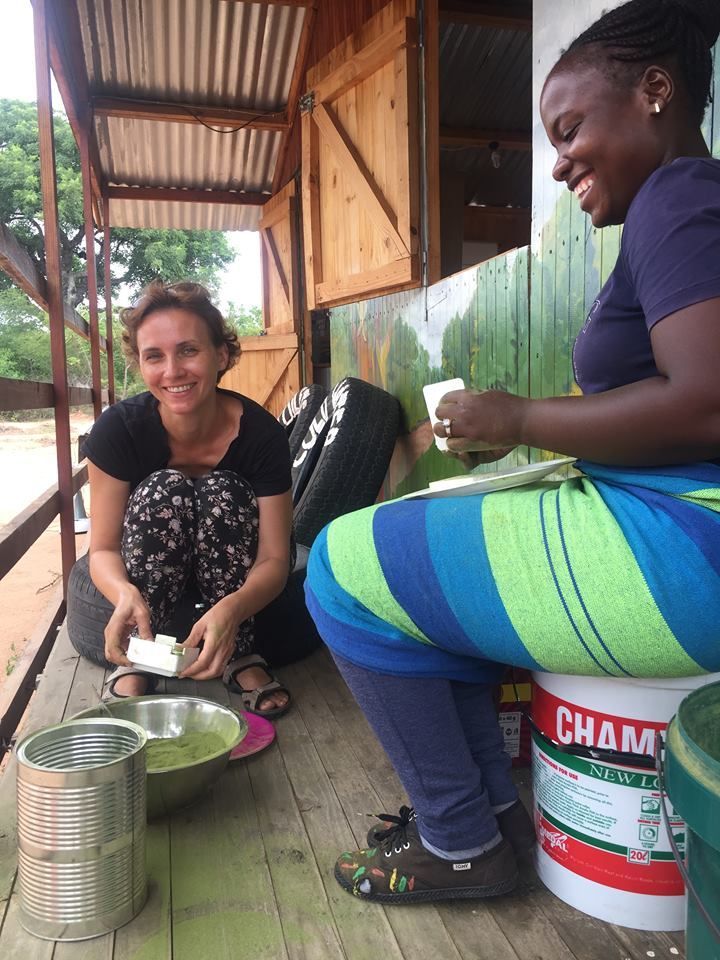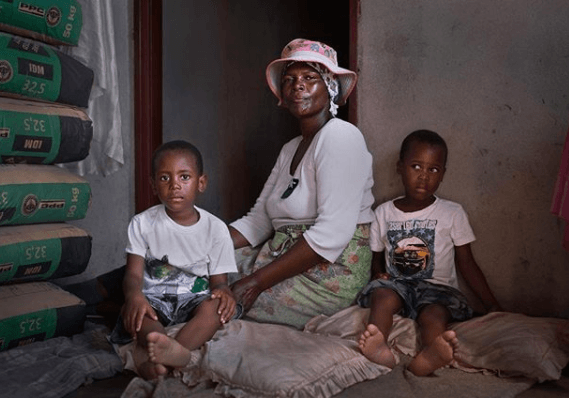Understanding the Madness
It’s hard to imagine what must go through the mind of a poacher when we see the image of a defenceless Rhino with it’s horn savagely hacked off. When the chopper I was in flew over the rotting corpses of three innocent beasts within a few miles of each other, all killed within the previous three days, it’s hard for even the most empathic of people to feel sorry for those behind this slaughter. However the grimness of these horrific crimes stretches much further than the seemingly senseless murder of these animals in National Parks and private reserves all across Africa.

Just for a minute put yourself in this situation, a young man living in rural South Africa on the edge of Kruger National Park. Three young children to tend for but the socio economic situation in the country means that jobs are few and far between, especially in the countryside. There’s no electricity and very little running water and you can’t afford the uniform needed to send your kids to school. What do you do? The dire hopelessness is crippling but then someone offers you a way out, all you have to do is sneak into Kruger and kill a Rhino. Despite your village sitting on the perimeter fence of Kruger you’ve never been able to afford the entrance fees and what’s more just 30 years ago the horrific apartheid regime made it illegal anyway. You have no connection to the animals that rich westerners have who pump millions each year into the tourism trade. Unfortunately this is not an isolated case, more than half of South Africans(over 30 million people) are living below the national poverty line of R992 a month. For people reading in the UK that’s less than £50 a month
It’s easy for us to say no when we are living comfortably but as a father myself when faced with that situation then even the biggest animal lover would be tested if it came to the survival of their own family.
Indeed the immediate threat to wild rhino populations needs addressing and anti poaching units across the globe do a tremendous job in protecting these animals but by ignoring the root causes of the poaching crisis then you are merely putting a towel down to soak up the leak rather than attempting to stop the cause.
Since 2016 Veterans For Wildlife has successfully worked alongside local authorities and trained wildlife Rangers in a bit to support frontline conservation efforts. Now in conjunction with our Wild Warriors programme the charity has partnered with Nourish, a non profit organisation dedicated to conservation by tackling the socio- economic issues previously discussed.
Nourish Eco Village is situated in the Hoedspruit area of South Africa, a mere few km away from Kruger National Park’s Orpen Gate and opposite many private reserves in the Greater Kruger. It’s a back to basics small community that provides a safe haven for the many children of the local Sigagule village. A place where they can come for not only a better education but also a meal, for many of which it could be their main one of the day. The onsite creche provides pre school education for around 40 of the happiest children you could ever wish to meet. When we arrived we were greeted with hugs and smiling faces galore from children who have nothing yet are appreciate of everything.
They also facilitate trips for children of the local primary schools into Kruger National Park and local wildlife centres thus creating that connection between the community and the wildlife, something which has been missing for decades. Founded and headed up by the incredible Sarah Bergs, Nourish not only looks after the children of the community but provides job opportunities for the locals too which include providing the materials for a disabled woman named Ivy to make sanitary pads to sell to the village, sanitary pads which will keep girls in school so they don’t have to take a week off each month. Nourish prides itself on creating Resilient communities that are much more capable of saying no to criminal poaching gangs that target weakness.
Through tackling the poverty which drives wildlife crime they are playing a huge part in protecting the lives of the Rhino that surround them, a perfect mix of community and conservation.
Sign up to our newsletter



